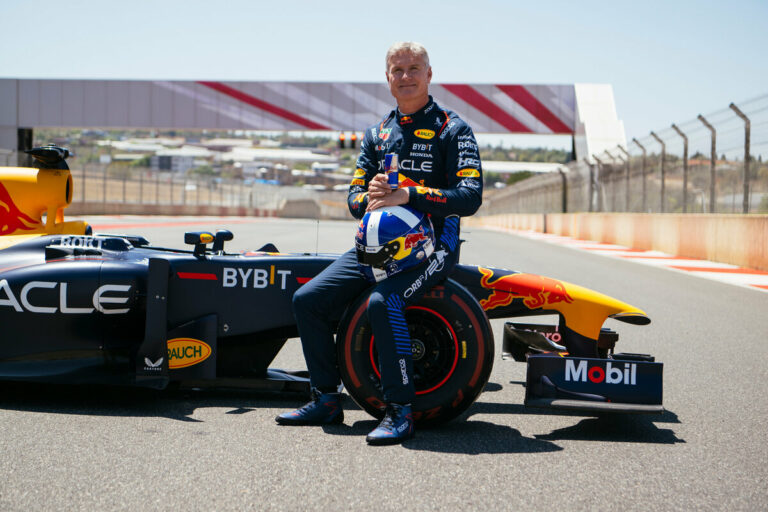Sport
FIFA Inaugurates Africa Office at Morocco

“The dirt under your nails is Romanian”: Anti-Hungarian slurs and scandalous circumstances at a match in Transylvania

Five of the most exciting British boxers of 2025 so far

Hungarian Liverpool player Szoboszlai mourns late teammate Jota: “Words cannot describe how heartbroken and devastated we are”

La Estancia Polo Cup 2025 – Three unforgettable days of style, sport, and elegance

VIDEO: Hungarian Boglárka Takács sprints to national record at European Athletics Team Championships!

OFFICIAL: Hungarian international Milos Kerkez becomes a Liverpool player

Hungarian athletes shine at Canoe Sprint European Championships with 4 gold medals!

After a decade of dreams, Hungaroring’s epic renovation finally completed — what this means for F1 fans

Regulatory chanllenges for online sports betting operators in Hungary

Red Bull Showrun brings British Formula 1 legend to Budapest

Breaking: Liverpool signs Hungarian goalkeeper in club record deal

Hungary suffers sobering 2–0 defeat against understrength Sweden in Budapest friendly

Hungarian left-back Kerkez signs with Liverpool

Champions League weekend: Győr and Ferencváros claim top honors

How Hungary is emerging as a hub for game development

Horses, elegance, and style – Uwe Zimmermann on what makes the La Estancia Polo Cup special

Hungary set for international matches against Sweden and Azerbaijan





 ZH
ZH IT
IT DE
DE HR
HR NL
NL FR
FR JA
JA RO
RO RU
RU ES
ES TR
TR
